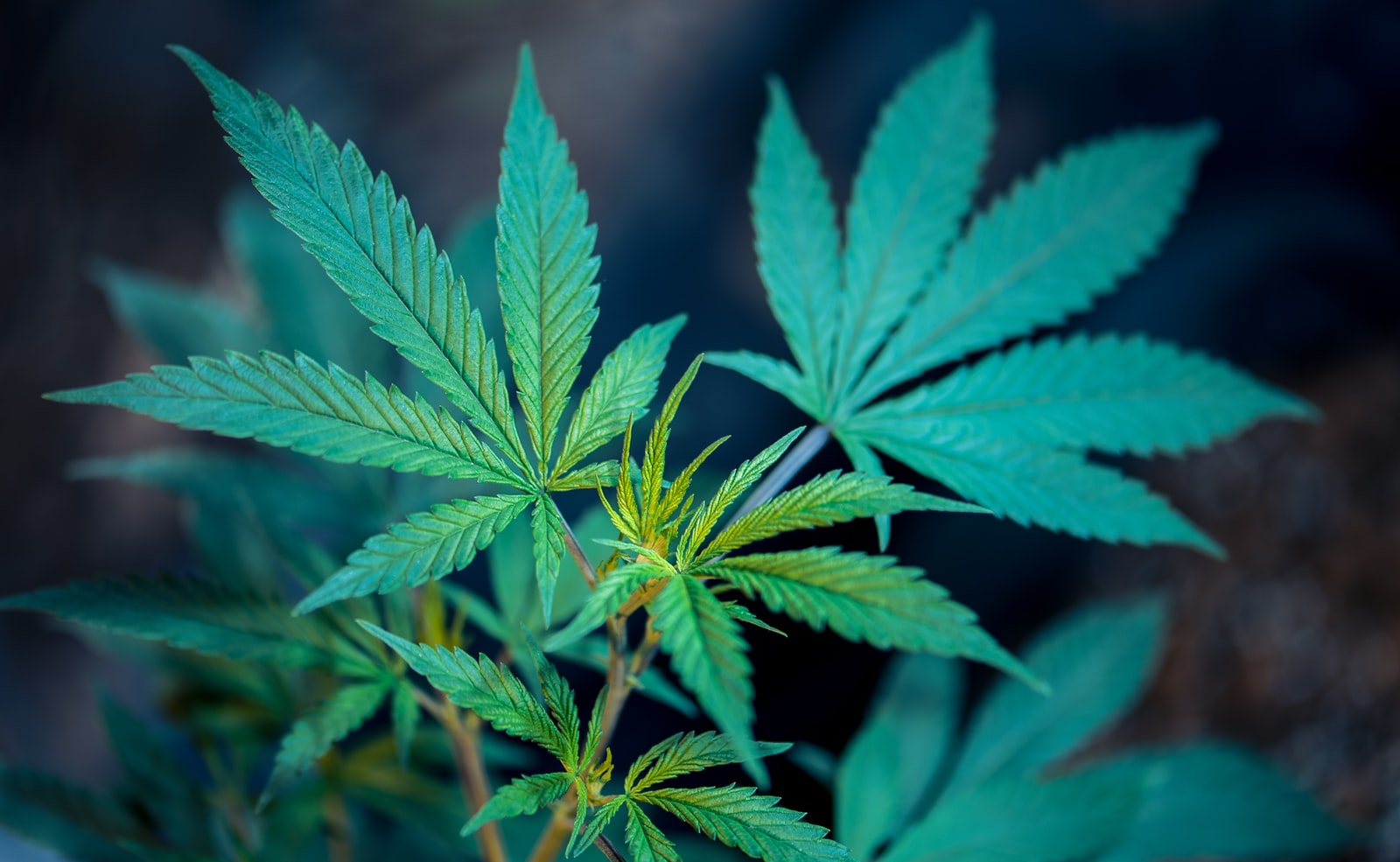Medical cannabis is one step away from being approved in Spain. What is not yet entirely clear is what magnitude it will have and under what conditions the patients for whom this substance may be indicated may benefit. Based on the experience of other countries with a long tradition of its therapeutic use, such as Israel or Canada, it is estimated that more than 200,000 people could benefit from its regulation in Spain; above all, to alleviate chronic pain, the majority use, but not yet legalized.
The Congress of Deputies is finalizing a report to ask the Ministry of Health to authorize the commercialization of derivatives of the plant, and the Government undertook to follow their recommendations. Spain would thus join a quarantine of countries (ten in the European Union) where this already happens. EL PAÍS has spoken with some of the leading experts in the field, consumers, and medical societies about the pros and cons of this new regulation.
Anyone who thinks that the commercialization of cannabis for therapeutic purposes will mean that the doctor can write a prescription that allows someone to buy marijuana to smoke a joint is very wrong. Also, who imagines that they will be able to resort to this substance for any pain. Its use will be highly valued, even excessively, in the opinion of the defenders of its medical use.
The draft report only contemplates that it be dispensed in a hospital pharmacy, either with master formulas or, preferably, industrial medicines that already exist, but are not approved in Spain. Hence, the authorization to inhale the flower seems ruled out, although it is something that is not entirely clear. It is a method that vaporizes the substance at a temperature lower than combustion (which would be smoking, which is completely ruled out) and can provide almost immediate pain relief, which is known as a rescue dose.
Who can medical cannabis help? Manuel Guzmán, Professor of Biochemistry and Molecular Biology at the Complutense University of Madrid, and one of the authorized voices on the matter in Spain clarifies that it is not a miraculous product. “It is a drug with its advantages, which can improve the quality of life for people for whom others do not work, but also with its possible side effects,” he clarifies.
Studies with cannabis have certain limitations, because it is not a legal substance and because, as it is not patentable, pharmaceutical companies are not usually interested in conducting large clinical trials. So far, there is “rigorous” evidence, in the words of Guzmán, for five indications: inhibition of nausea and vomiting in cancer patients; increased appetite and attenuation of weight loss, especially for cancer and AIDS patients; inhibition of pain, especially chronic, whether neuropathic, oncological, migraine or postoperative; inhibition of muscle rigidity, which may be useful in sclerosis, and inhibitory action on seizures in epilepsies refractory to other treatments.
The new rule would not allow these patients to turn to cannabis as a first option. Guzmán believes that a priori they can be a second-line treatment, once the more conventional ones have failed. The Spanish Pain Society (SED) contemplates it for a third, at the same level as opioids, which are used when less powerful analgesics or even antidepressants have failed, in some ailments.
The draft report also restricts the assumptions of use to three: “The indications for which there seem to be more solid indications of the usefulness of the use of cannabis or its products are limited. At the present time, they seem to focus on spasticity in patients with multiple sclerosis, some forms of epilepsy, and chronic noncancer pain (including neuropathic pain).” This would leave cancer patients out, both to treat pain and to improve appetite, a mistake, apparently by Guzmán, who considers that they could be one of the large benefit groups and that they can be treated with cannabis in other countries. where its use is regulated, such as Canada or Germany.




GIPHY App Key not set. Please check settings